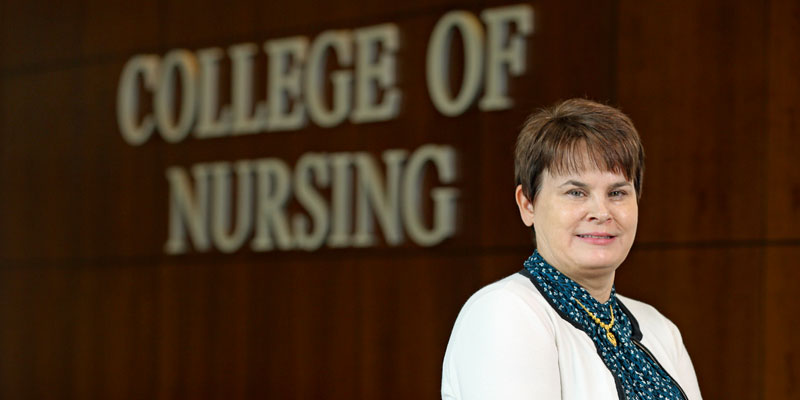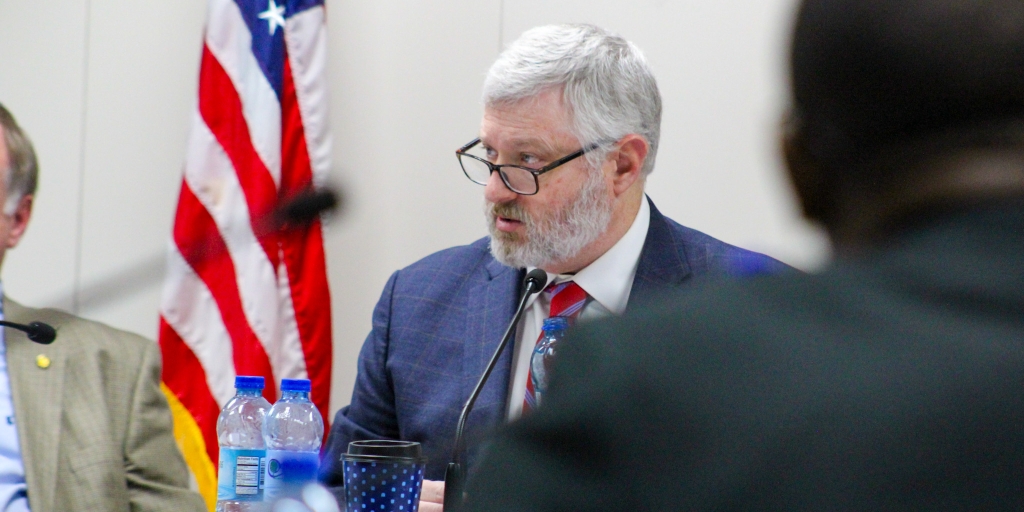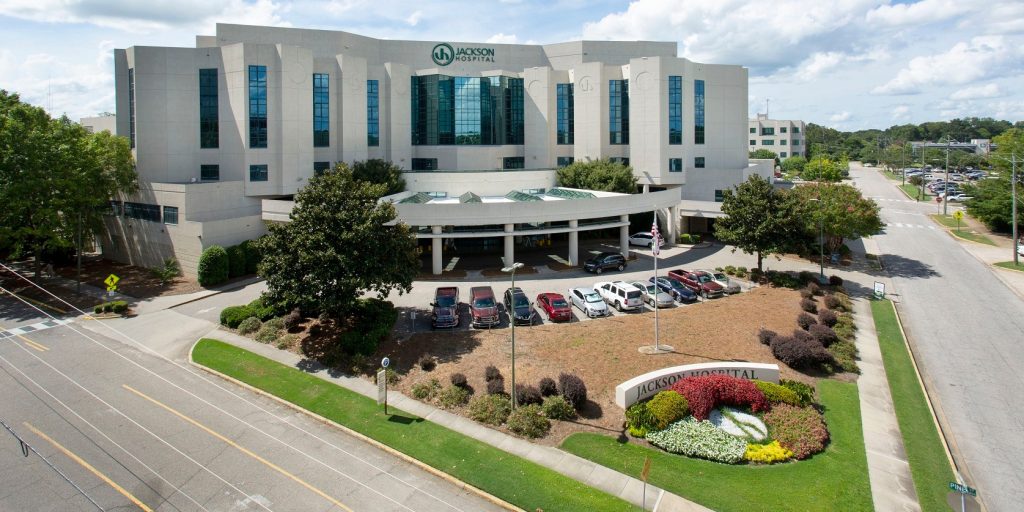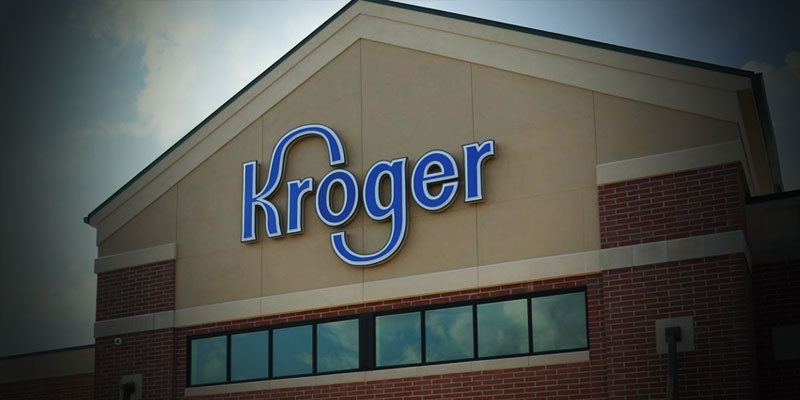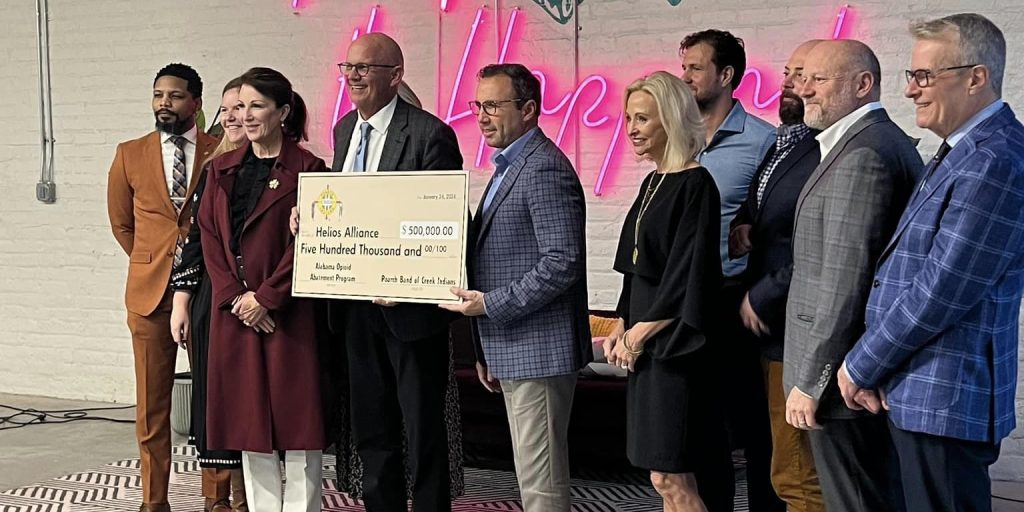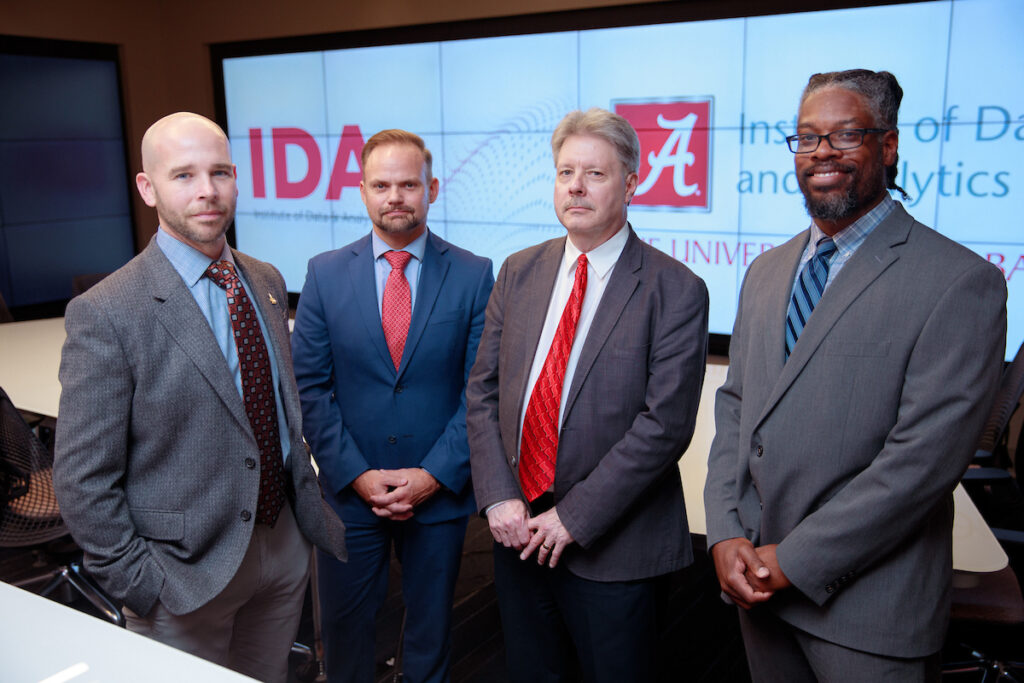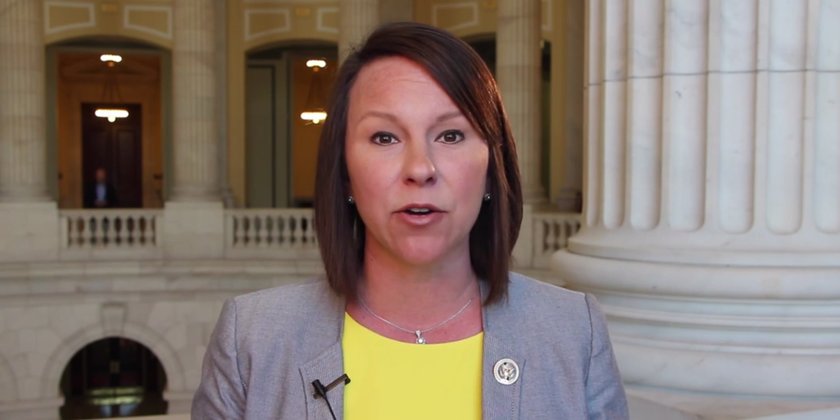According to the National Institute on Drug Abuse, more than 130 people in the United States die every day after overdosing on opioids. This national crisis includes the Gulf Coast, but a new program at the University of South Alabama will help address this problem.
USA’s College of Nursing has received a $1.3 million grant from the Health Resources and Services Administration to recruit and train psychiatric mental health nurse practitioners, students, nurse professionals and other professionals. It will focus on opioid and substance abuse prevention, treatment and recovery services in high-need areas in this region.
“We are in the process of creating the program, which will include three interdisciplinary online courses and stipends to start in January 2020,” said Dr. Kimberly Williams, associate professor of nursing and project director for the grant. “We have created an interdisciplinary team to support this program, which will help underserved and rural communities.”
Overdose deaths more than doubled between 2016 and 2017, according to the Centers for Disease Control and Prevention, and 19.7 million people who are age 12 or older had a substance abuse disorder in 2017, according to the National Survey on Drug Use and Health.
“The students and professionals will have a better understanding of opioid and substance use disorders care involving integrated behavioral health settings through this experience,” Williams said. “By positioning psychiatric providers such as psychiatric mental health nurse practitioners within these medical facilities working alongside medical providers, it allows direct access to mental health services that may not otherwise be available. The direct service can reduce morbidity and mortality associated with illness through timely referrals, assessments and treatments.”
Dr. Heather Hall, dean of USA’s College of Nursing, said the award provides nursing faculty the opportunity to advance nursing education and practice. “The grant team will serve in key roles to expand the Gulf Coast region’s opioid workforce and substance use disorder workforce serving children/adolescents in areas with high mortality rates and high mental health provider shortage. We are proud to have an interprofessional team of faculty and health care providers collaborating to provide additional education and training to develop opioid and substance use disorder prevention, treatment and recovery specialty courses.”
The USA interdisciplinary team is also planning to connect with Project ECHO, the Extension for Community Healthcare Outcomes, which is part of the University of New Mexico School of Medicine. Project ECHO is considered a collaborative model connecting healthcare professionals to discuss complex conditions and issues via video conferencing.
“Project ECHO encourages connections of interest through building ECHO hubs throughout the country and the world. Williams said, “According to Project ECHO, this is a lifelong learning and guided practice model with an aim of strengthening local resources to provide evidence-based care for underserved patients within the U.S. and worldwide.”
The USA interdisciplinary team is also planning to connect with Project ECHO by creating their own ECHO hub. “We will recruit healthcare professionals from the three targeted areas to join our ECHO hub,” Williams said. “The use of this model will enhance prevention, treatment and recovery for persons with substance abuse disorders and other complex conditions.”
The team members for this grant along with Williams are:
- Dr. Casey Elkins, co-project director, College of Nursing
- Dr. Candice Selwyn, co-project director, College of Nursing
- Dr. Kirsten Pancione, College of Nursing
- Dr. Melanie Baker, College of Nursing
- Dr. Brandon Browning, department of professional studies, clinical and mental health counseling, College of Education and Professional Studies
- Dr. Stephen Young, department of social work, College of Arts and Sciences
(Courtesy of the University of South Alabama)




